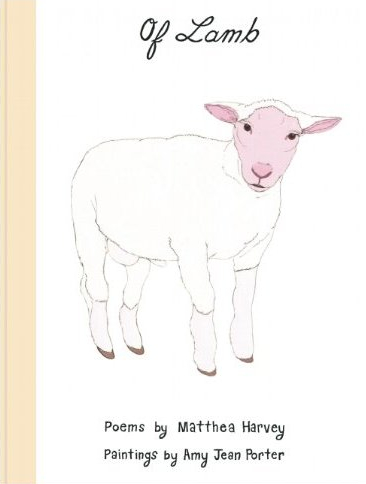Lauren Kuhn on Neuropsychology, writing process, and the Walls and Bridges lecture series.As Joan Didion wrote years ago, “I write entirely to find out what I’m thinking, what I’m looking at, what I see and what it means. What I want and what I fear.” It’s not often that I go into an essay or a short story knowing exactly what it is I want to accomplish. More often, my writing, at least initially, stems from confusion, a feeling that I have something to say but I’m not quite sure what it is. Writing begins with a sentence I don’t yet understand, and my last sentence is a thought I didn’t know I had. But where did it come from? How did I know it was there? How did the process of writing lead me to it?These were just a few of the questions that writer Siri Hustvedt and neuroscientist Lionel Naccache explored in their discussion of “Conscious and Unconscious Narrative — Literature, Psychoanalysis, and Neuroscience” last week as part of the Walls and Bridges series of lectures and performances designed to bring together French and American figures from social science, the arts, and philosophy. As someone who “heard voices” as a child and still does occasionally in the minutes before she drifts off to sleep, Hustvedt—who has written a book of poetry, five novels, a memoir, and essays on topics from art and literature to neuroscience—has always been interested in our unconscious lives.She describes herself as “a medical object" to herself, and believes that writing and storytelling can be used as a tool to develop our understanding of the nature of subjectivity. “We are all confabulators,” she said, and what interests her is that “confabulation is not arbitrary.”An avid reader of studies in neuroscience and psychiatry, she is particularly interested in the narratives told by patients with mental disorders and brain damage in order to use “pathologies as clues to nonpathological states.” “Our stories make sense because we’re not brain-damaged,” said Hustvedt, but because we don’t have brain disorders, we are, in a sense, constrained by plausibility. On the other hand, the unconstrained state of those who have brain damage allows their stories to be much less bound by reality, perhaps allowing us to better understand why their confabulations are not arbitrary.To Hustvedt, writing fiction is like “remembering something that never happened”; she can feel when she has finished writing a piece because she has the feeling that she has reached emotional (rather than literal) truth, much as those with brain disorders and brain damage explain events as they believe them to be true, even when all literal evidence points to the contrary. She cited a condition whereby patients might recognize a significant other but think that that person is not actually their significant other; they become convinced that the person is a double that looks, sounds, and behaves exactly like their significant other, but is not. Naccache offered an explanation for this experience, describing the way in which certain neurons fire to recognize a person (physically) whereas other neurons fire to recognize our emotional attachment. Thus, in such a condition, neurons might fire to recognize the figure, but the neurons that register emotional attachment might not. Similarly, Naccache explained déjà vu as a misfiring of our neurons that register an emotional sense of familiarity, even when it is not tied to the situation or physical stimuli.In a sense, the relationship that Hustvedt and Naccache posited between the nature of the narratives of mental disorder and the nature of writing suggests a symbiotic relationship between neuroscience and creative writing. Naccache suggested that we cannot separate the unconscious from conscious, subjective experience, and writing allows us to better understand our subjectivity by making us aware of it. Hustvedt felt that studies of neuroscience could be used to better understand the mysterious, unconscious side of writing. While studies have shown the impact of our subconscious experience on our conscious knowledge and behavior (implicit association tests have shown that words flashed too quickly to be consciously recognized show up in our conscious behavior), there are still myriad questions to be answered about exactly what in this unconscious experience renders the “emotional truth”—the sense of having “gotten it right”—that Hustvedt describes.It may be interesting from a perspective of scientific inquiry to study what goes on in writing and how, perhaps, the unconscious is rendered conscious, but I think there is something to be said for the mystery of the writing process. The sense that there is something that exists to be uncovered, an unrealized emotional truth that exists other from us and is as yet unable to be completely explained by scientific processes, may merely be evidence that more scientific research is needed to understand where exactly what we write comes from. But is it not that sense of mystery, that feeling that there is an emotional truth which we do not yet understand, which moves us to write and to create? If knowledge is power, perhaps the strongest, most alluring knowledge is the knowledge that we do not know.Lauren Kuhn, Prose Editor




